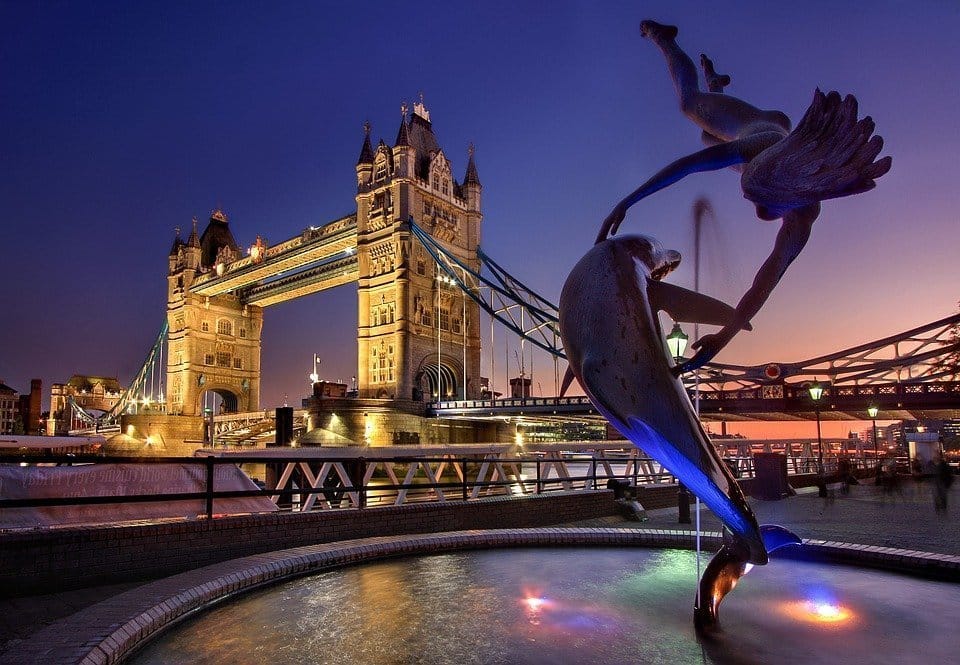Writes Matt Ridley on how The EU’s petty isolationism is wrecking Europe:
Supporting Brexit used to be difficult to explain to foreigners. I remember a Mexican friend flatly refusing to believe I voted for it. “Surely you are joking,” he said, finding it hard to imagine me as a racist, isolationist xenophobe – the only kind of Brexiteer recognised by CNN, the Economist and the New York Times.
Not now, not after the vaccine fiasco; now it is easy to explain Brexit. Britain signed up early to buy the Oxford-Astrazeneca vaccine and approved it swiftly. The EU’s leaders: first, accused us of cutting corners on safety, thus encouraging anti-vax nonsense; second, found themselves at the back of the queue after incompetently negotiating a bad deal; third, took an age to approve it in a display of astounding bureaucratic lethargy; fourth, castigated AstraZeneca for failing to give in to pressure to allow them to jump the queue; and fifth, tried to impose a hard border in Ireland just to stop the Northern Irish getting vaccines. [!!!] These are not the actions of an ally and friend.
[…]
Here is a beautiful and cultured continent [Europe] being run as if it was the Ming empire: with mandarins deciding what should be done and how, with the same inflexible rules in every corner, with a distrust of enterprise and innovation, and with a mercantilist, zero-sum approach to trade that beggars both belief and neighbours.
At the time when the early Ming emperors were stifling China’s prosperity with centralised bureaucratic tyranny, backward Europe was transformed into the world’s most innovative and wealthy continent. It did so precisely by not being unified and centralised: by being a quilt of different countries so that entrepreneurs, inventors and artists could shop around for a congenial regime…
Related:
A Post-Brexit World
The recent vote within the United Kingdom to withdraw from the European Union has implicitly once again raised the issue of the right of self-determination through secession. In other words, do individuals have a right to determine under which political authority they shall live and have representation?
Brexit: Good For Britain if It Leads To More Freedom
British companies can even outperform those outside of the EU—if the British government does not compromise on the principle of liberty. That is the big ‘if.’ But the Brexit has opened up a huge opportunity for a freer, more prosperous Britain.

